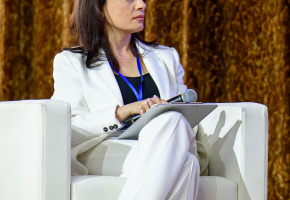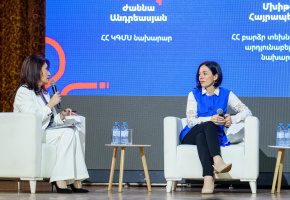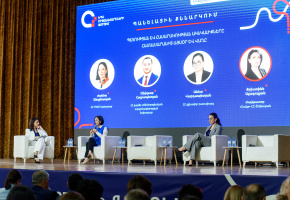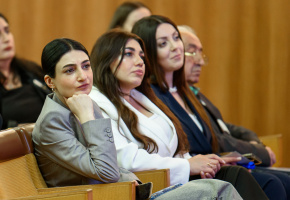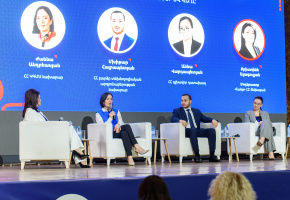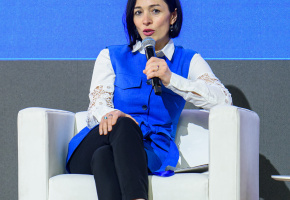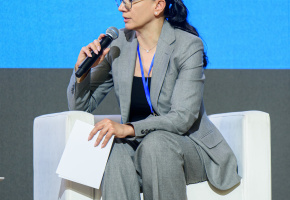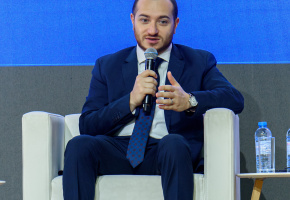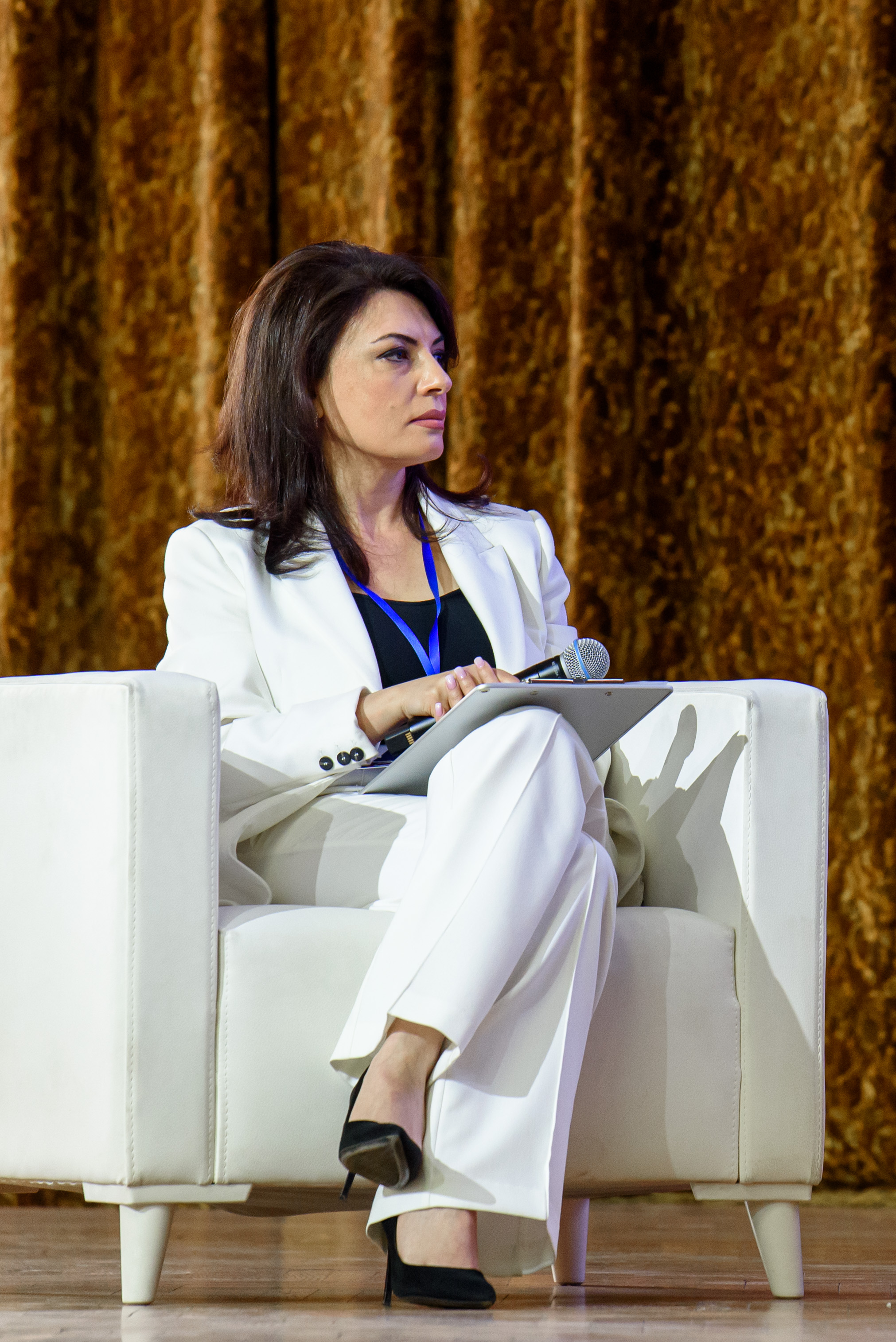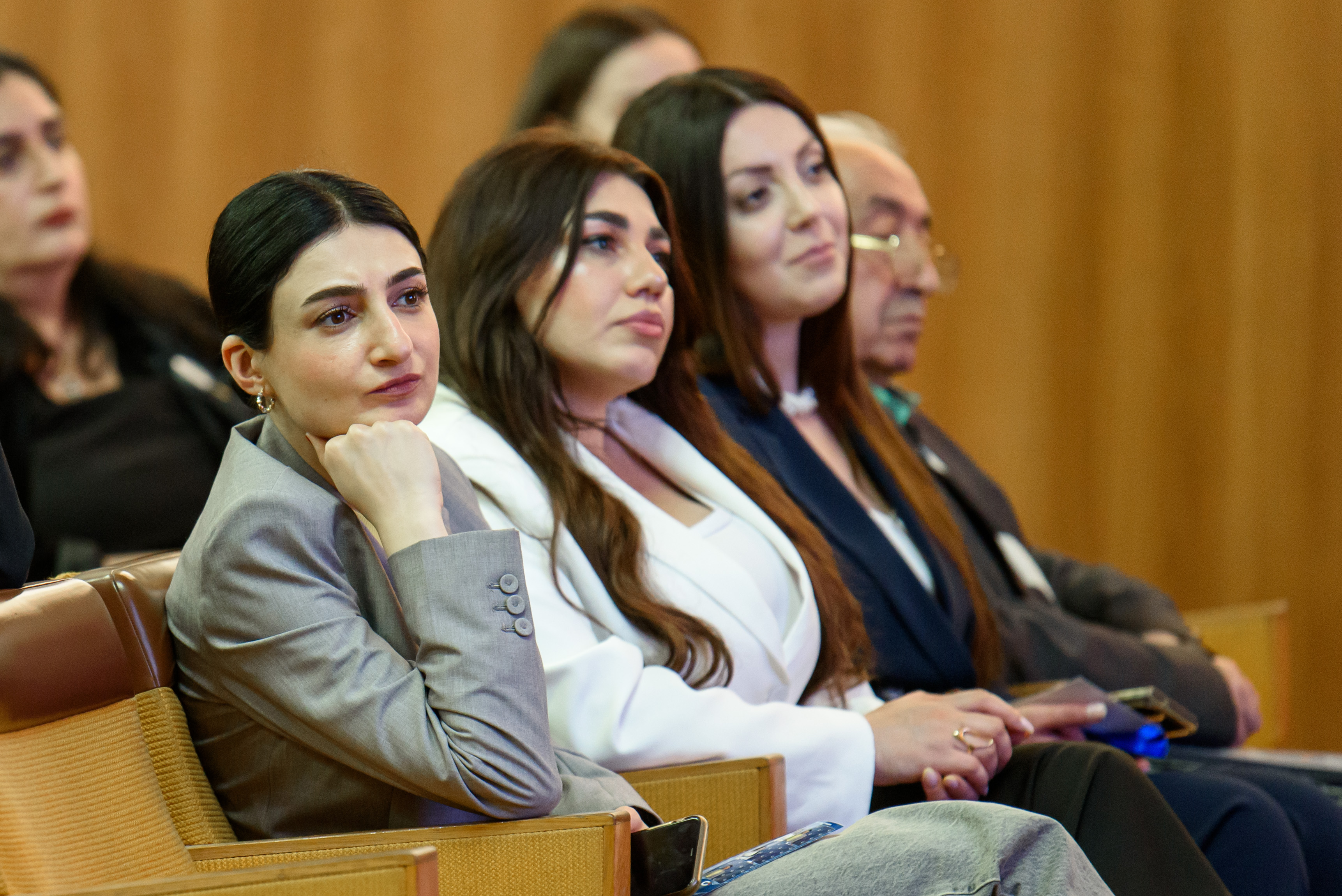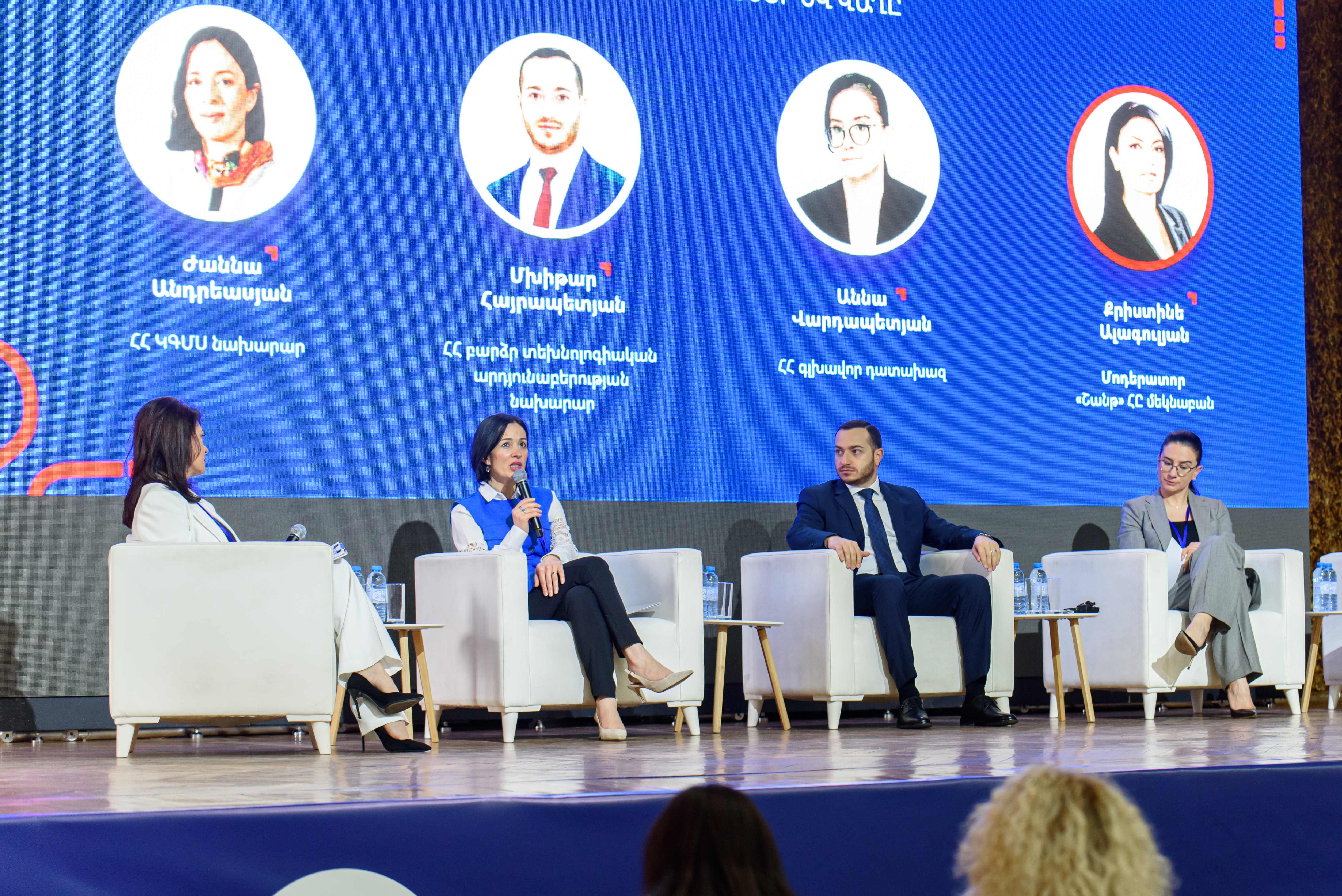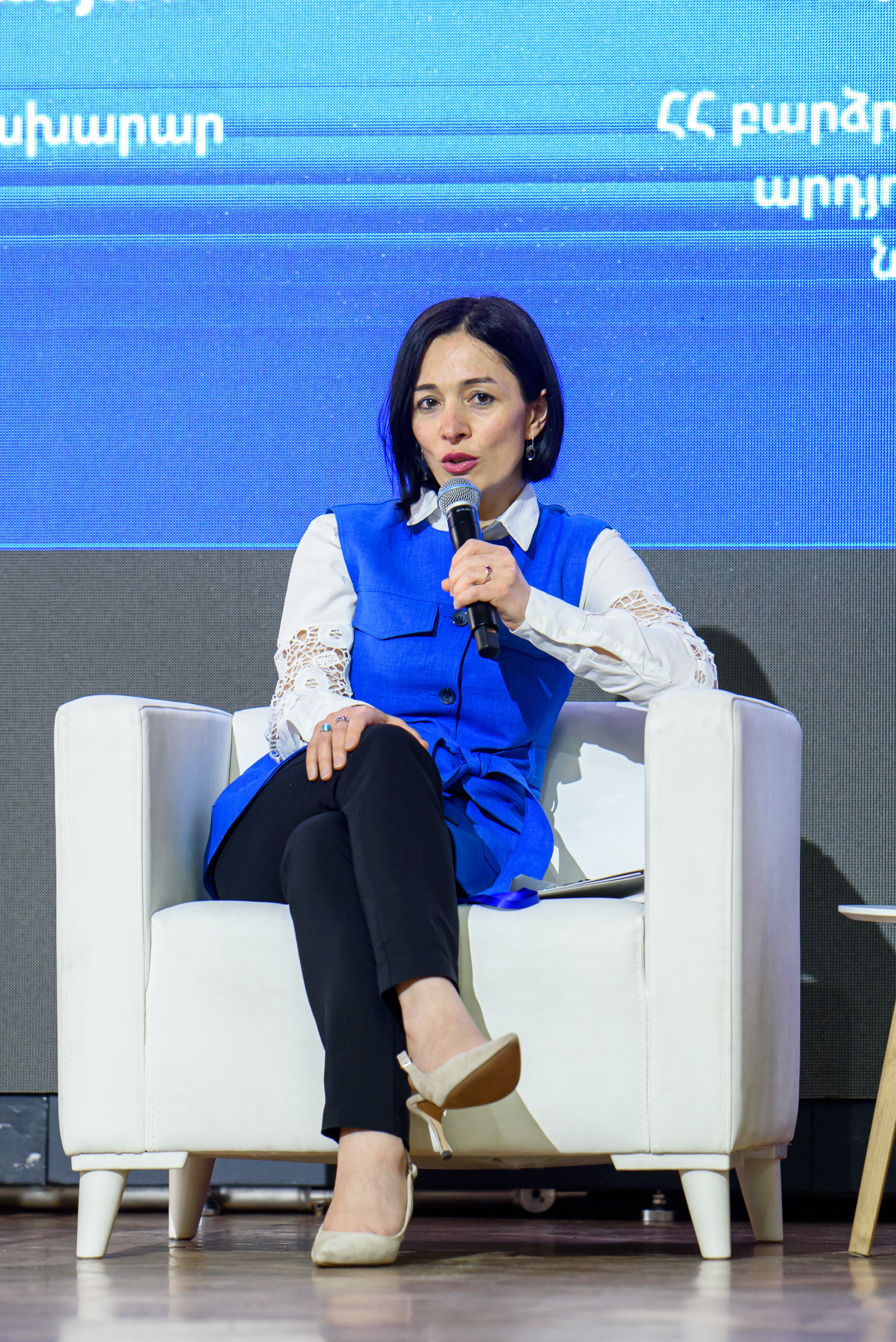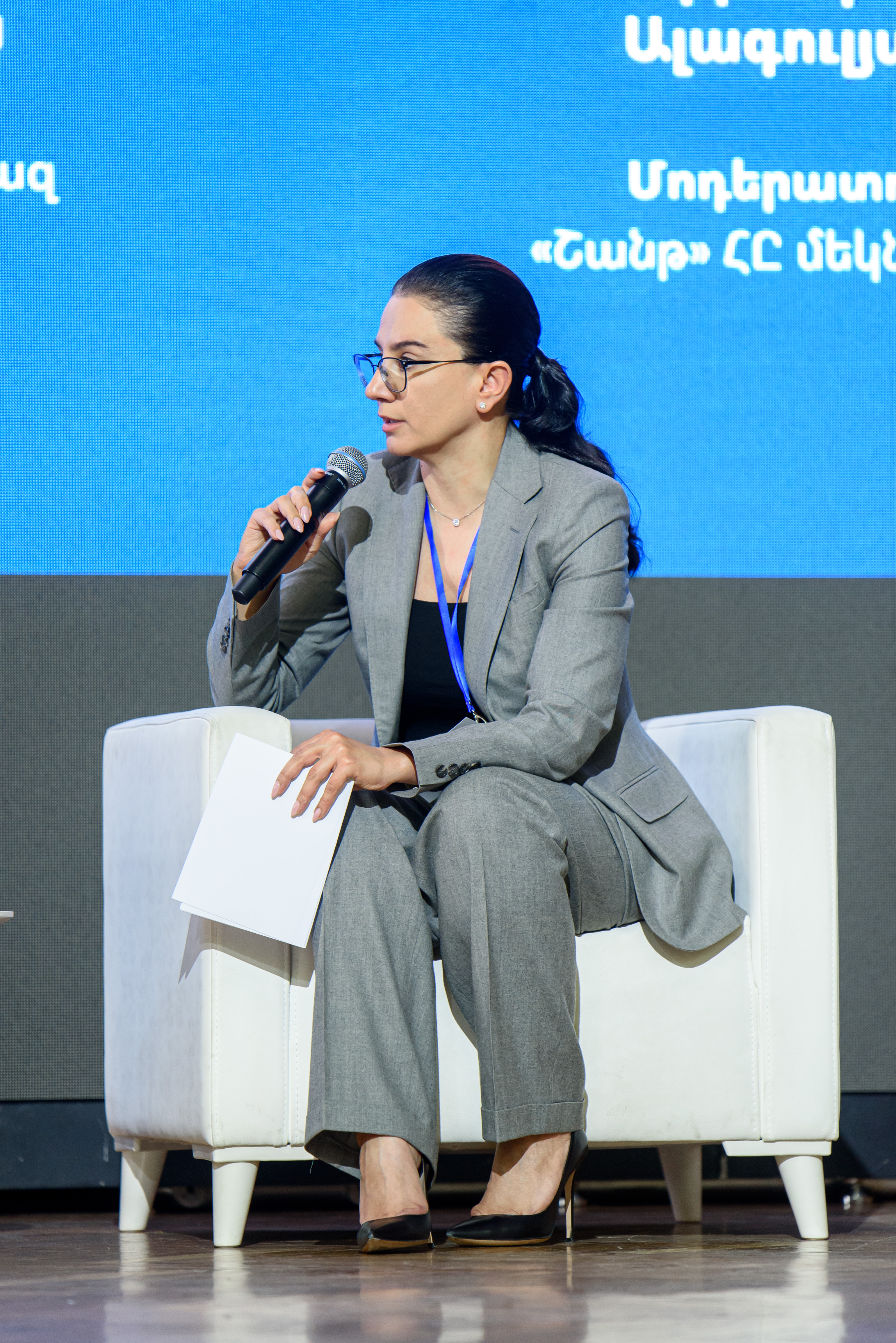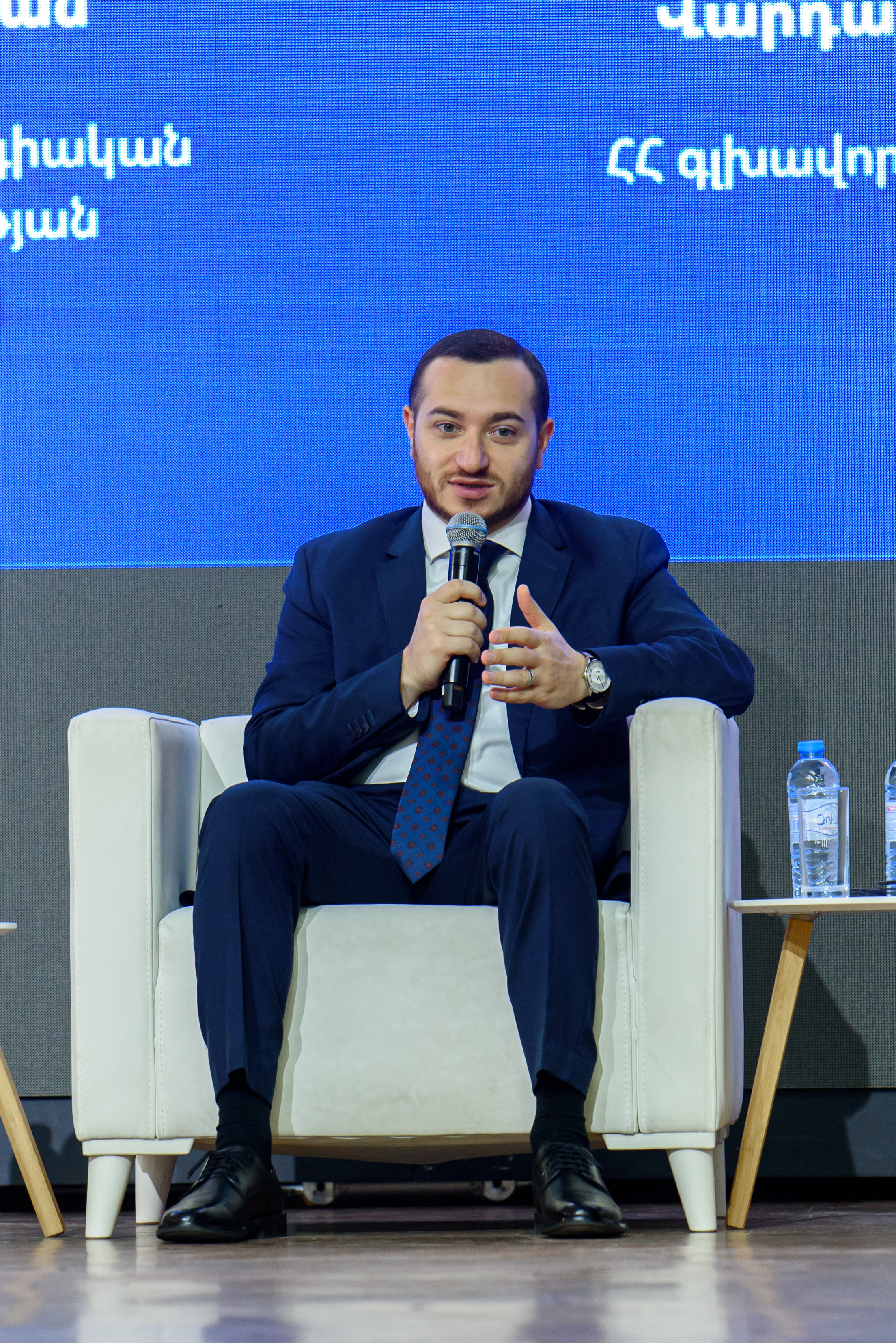August 25, 2025 | 12:16
Education
Society
Policy
State and society's expectations from the university today and tomorrow
An era defined by an overflow of information, rapid technological advancement, a constantly evolving labor market, and new societal demands necessitates a re-evaluation of the role and mission of university education. During a panel discussion at YSU Alumni Forum, high-ranking Armenian government officials—Minister of Education, Science, Culture and Sports Zhanna Andreasyan, Minister of High-Tech Industry Mkhitar Hayrapetyan, and Prosecutor General Anna Vardapetyan—presented their visions regarding the expectations of the state and society from YSU. The discussion centered around the public value of education, new formats of knowledge delivery, the development of analytical skills, and the deepening of university-industry collaboration.
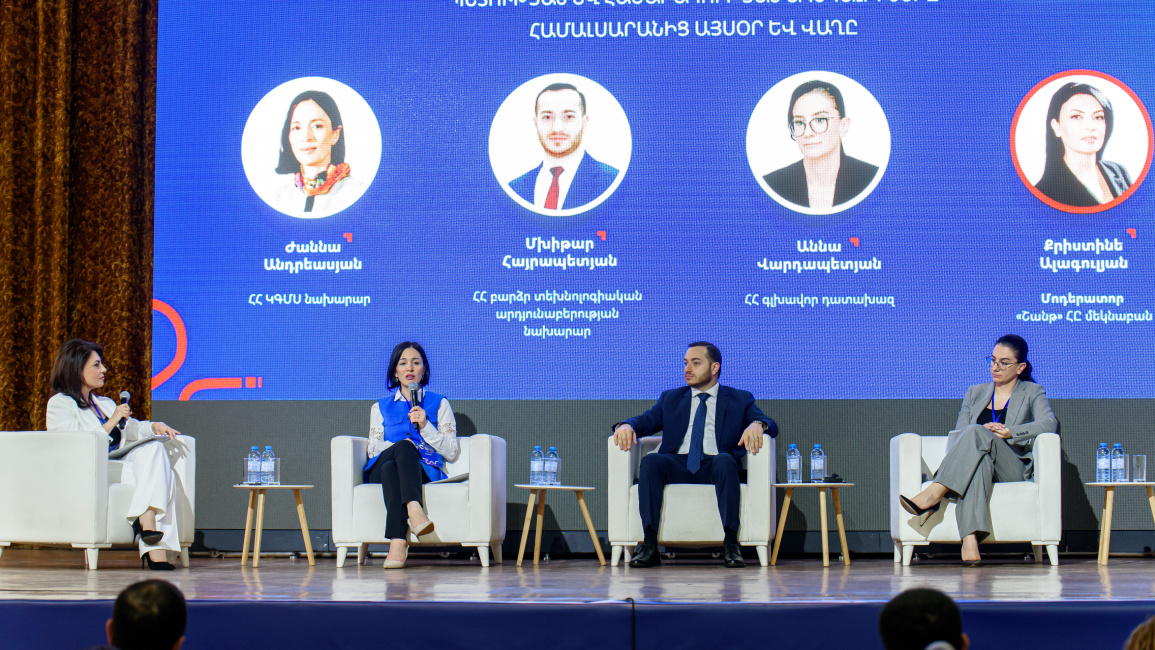
The educational system, and particularly higher education, constantly requires reassessment and redefinition. What is the university’s mission today? What are the expectations of the state and society from the country’s leading university? How is the role of the university being reimagined in the information age? What educational model should our university adopt? These were among the central questions explored during the panel discussion, moderated by Kristine Alagulyan, lecturer at YSU Chair of Print and Broadcast Media and News Presenter at Shant TV.
"The speed of developments around us, emerging demands, and innovative experiences compel us to reconsider the priorities of education. YSU cannot remain outside this process—it must serve as a bridge between traditions and developments," said moderator Kristine Alagulyan, addressing the panelists with the following question: "What is the state’s defined objective, and what need must the university fulfill?"
Zhanna Andreasyan, who joined the discussion immediately after a government session, expressed her appreciation for the opportunity to address this crucial topic.
"We have approved and submitted to the National Assembly a new draft law 'On Higher Education and Science,' which clearly articulates our expectations from higher education and science. The public expectation is singular: higher education and science must be the instruments through which societal development becomes possible," the minister stated.
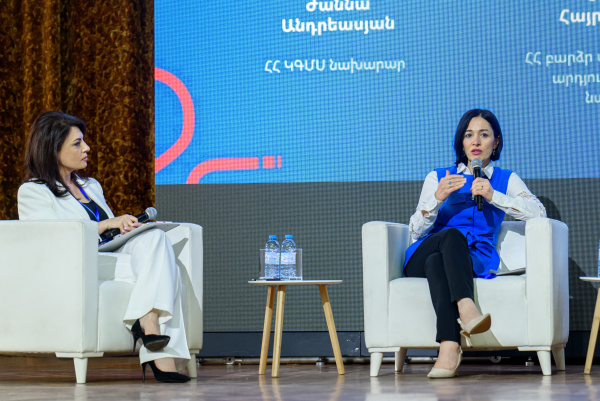
She further emphasized the importance of understanding how these expectations are realized at both the societal and individual levels. Higher education and science provide every individual with the opportunity to discover their own abilities, develop them, and subsequently apply them, thereby contributing to personal self-realization. According to her, the individual is a social being who operates within society, and their interests, goals, values, attitudes, and behavior align with societal norms.
"If we truly have education and science that serve the public good, they must be beneficial both for the individual and for society. When everything functions correctly, there should be no conflict. This implies that a system where the individual is competitive and capable of self-actualization does not contradict the goal of creating a strong state and a developed society," stressed Zhanna Andreasyan.
Anna Vardapetyan stressed the urgent need to change the format of knowledge delivery in higher education.
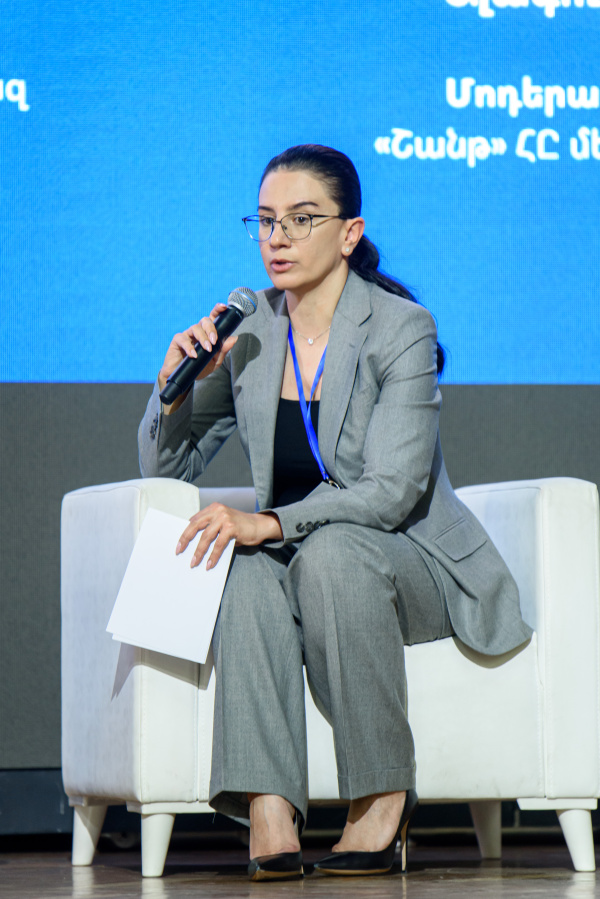
"I am not speaking merely as a consumer of this system, but as someone who has dedicated a significant portion of her conscious life to university education. We must move from knowledge based solely on memory and repetition to education that fosters analytical thinking.
Rote memorization—especially in the social sciences such as law—is still a widespread method of teaching," she stated.
She then continued: "As both a lecturer at YSU and as the head of a law enforcement institution, I propose we focus on cultivating analytical thinking among our students."
In this context, she highlighted a notable initiative born from the cooperation between two institutions—the opening of YSU Legal Laboratory in the administrative building of the Prosecutor General’s Office.
Mkhitar Hayrapetyan emphasized that the leading university must play a key role in preparing highly qualified specialists who will drive economic progress.
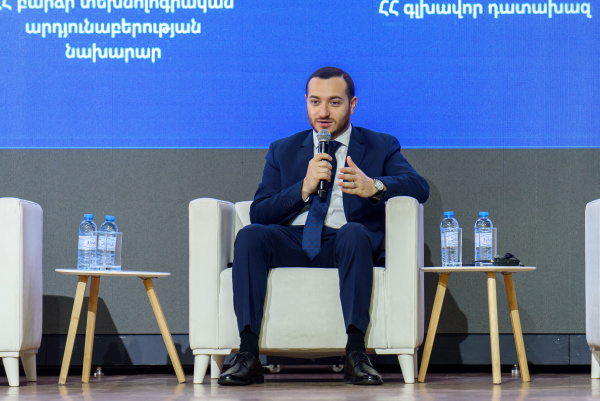
"When we speak of industrial development and achieving breakthroughs in the technological sector, it’s important to recognize that infrastructure, equipment, and production capacities alone are not sufficient. The cornerstone is a workforce of highly qualified professionals in various fields. YSU can and must train highly qualified physicists, chemists, mathematicians—a role it has fulfilled for decades—who are equipped to contribute to the industry," the minister said.
He added that the university itself benefits from close cooperation with industry, and vice versa. According to him, when these two sectors are not interconnected, the university becomes isolated and struggles to contribute meaningfully to national development.
"I believe that in our dreams and goals, we have clearly envisioned that the university should be built upon a strong research foundation. And as a member of YSU Board of Trustees, I can affirm that we are indeed following this path. This means that through research, the generation of new knowledge, and innovative solutions, we must actively contribute to the development of industry," he concluded.
For more details, refer to the full video of the discussion.
Video
